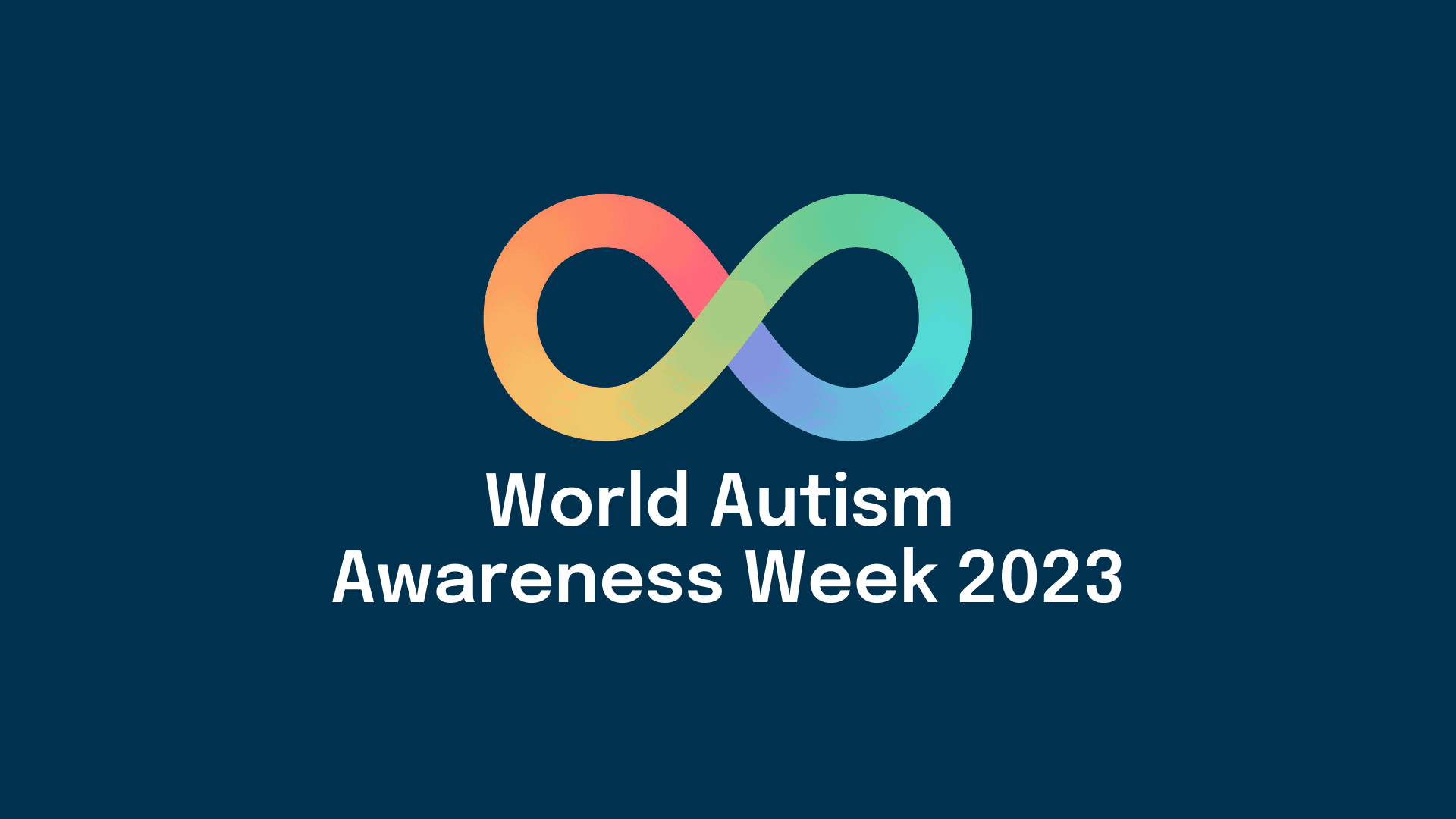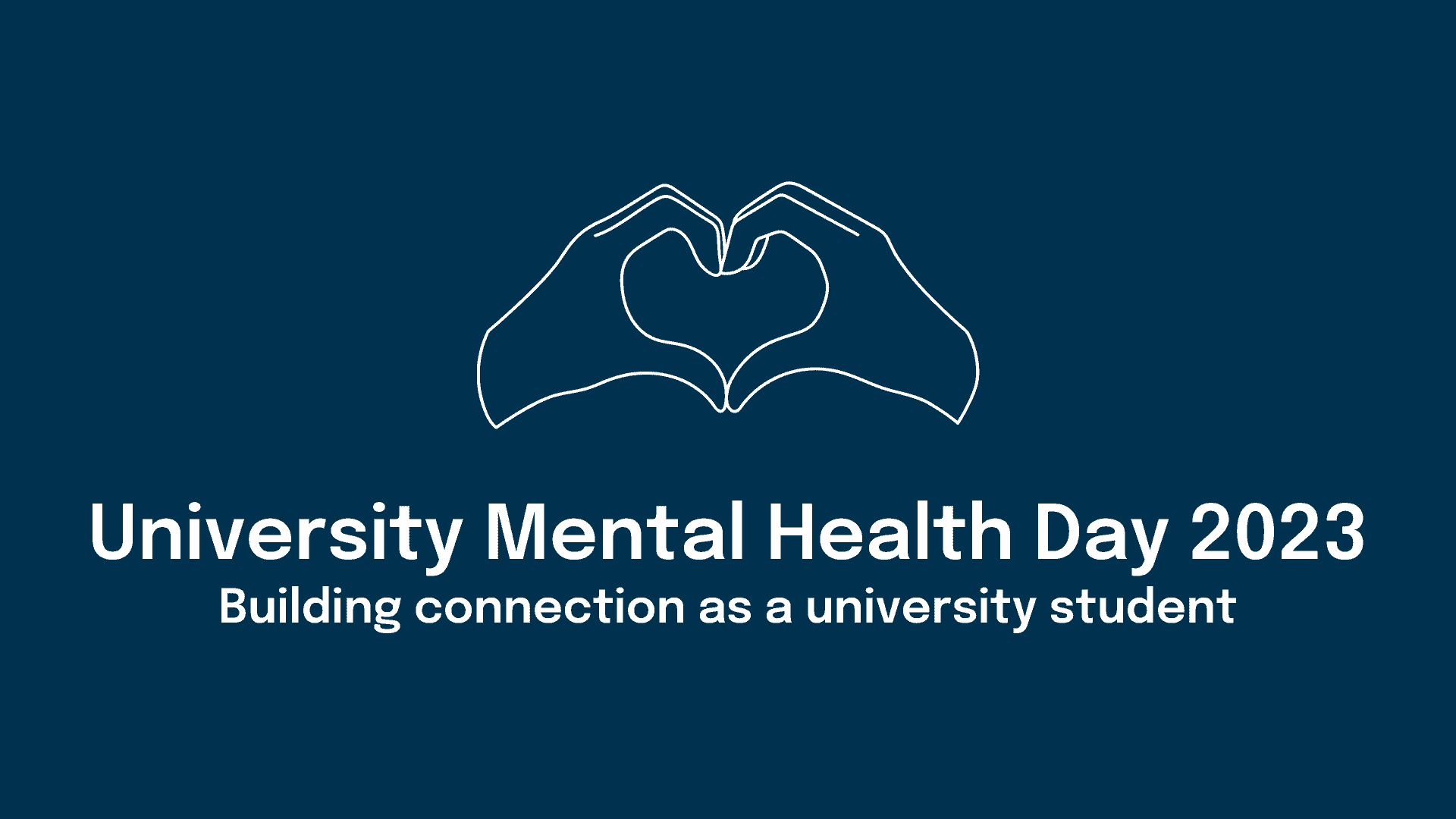Chichester research strengthens Japan’s Olympic hopes for Tokyo 2020
AN OLYMPIC coach of the Japanese judo team has spoken with researchers from the University of Chichester as he prepares for the 2020 Tokyo Games.
Yusuke Kanamaru (above centre), himself a former Olympian, spent a day with the Institute of Sport to study best coaching practice as part of his professional development.
The All-Japan national team coach, who visited from Ryotokuji University, is the personal trainer of Rio Olympic medal-winner Shohei Ono and 2015 world champion Takanori Nagase.
Mr Kanamaru said he visited the University of Chichester to learn about European coaching styles to try improve his understanding of coaching methods.
He added: “In Japan we have to make great success in the home Olympics in 2020 especially in our national sport.
“This is a good opportunity to make great research collaboration between Chichester and Ryotokuji University.”
The academics from the University of Chichester’s Institute of Sport, met by Mr Kanamaru, have provided specialist expertise in learning and teaching to international athletes and professional associations since 2000.
Its researchers include the past-president of the International Sociology of Sport Association and Corresponding Editor of the International Review for the Sociology of Sport.
Dr Mike Callan (above left), a Reader in the Department of Sport Development and Management, is the President of the International Association of Judo Researchers whose specialism sits within supporting former athletes through education.
He said: “Yusuke is interested to find out about coaching approaches in the UK and Europe, he will be an important coach for Japan during the Tokyo 2020 Olympic Games.”
Also present at the visit was Welsh Judo CEO Darren Warner, who is to begin a PhD into skill acquisition at the University of Chichester in October.
Mr Warner (above right), a former Team GB coach to London 2012 silver medallist Gemma Gibson, said: “The Tokyo Games are not that far away, we are at the stage of developing the next generation of athletes in the 16 to 25-year-old age group.
“Studying for my PhD at Chichester I hope to develop an educational system that understands how and why people progress through good coaching and best practice.”





